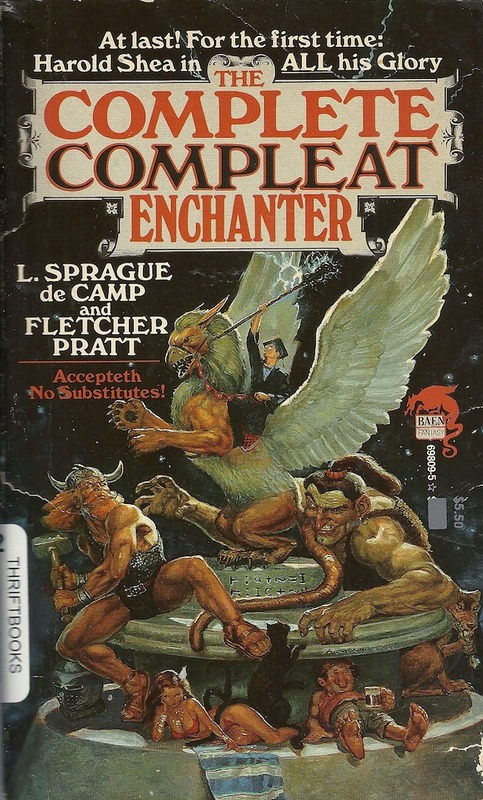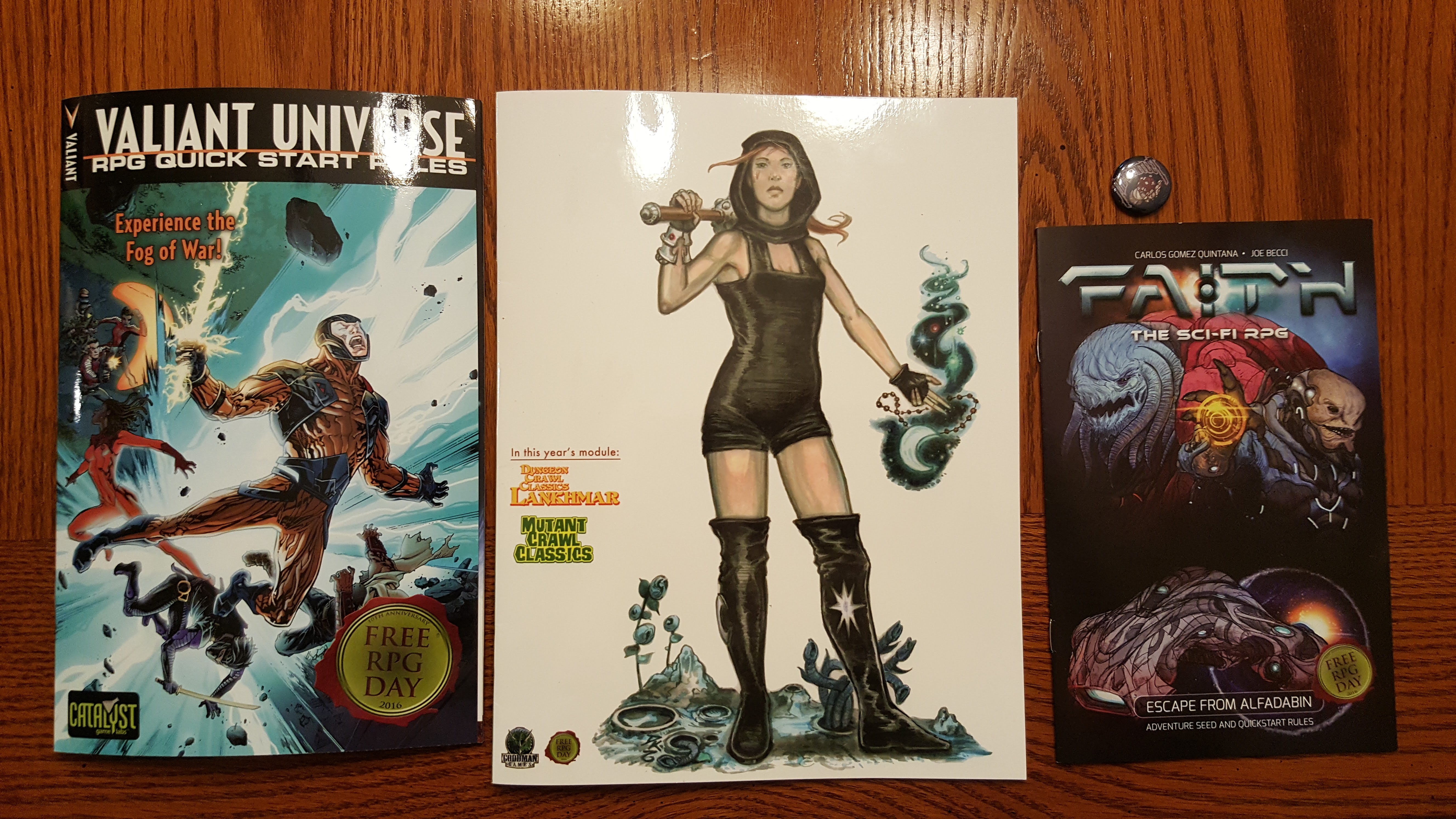
I think you can add a lot of flavor to your game and setting when you spend a little time describing your magical spells. To this end I think it is interesting to consider some common laws and mechanics of magic described in fantasy (and some how-to) books. I have recently started re-listening to L. Sprague deCamp’s “The Compleat Enchanter” anthology where a modern psychologist transports himself to various fantasy settings where he observes and masters these rules in a professional manner. Other great books include “The Kingkiller Chronicle” books by Patrick James Rothfuss and anything in “the magic goes away” series by Larry Niven. It should be stated that I am not claiming these ideas as uniquely mine, complete, or the only way to do things. This is just a long rant and a bit of fluff to add to your game.
Let us start with the concept of connection which can be specified into (at least) two laws called Similarity and Contagion. Similarity means that two things that share similar traits can be treated as the same thing. This is most commonly referenced in the concept of a voodoo doll. I make a doll that looks like you and when I prick it, you suffer the same effect. Contagion means that after two things have been meaningfully connected, they are always connected. This is often referenced when witches (voodoo or otherwise) require a bit of hair or prize possession of the person they are cursing. These concepts describe how you target or transfer the effects of your spell. The more your ritual resembles the target, the more effectively it will apply to them. In fiction you should always look for items or substances that you might use to gain a hold on your target. Maybe you found some of the murderer’s blood at the scene of the crime. You might use it with a compass or pendant to track him across town or throw it into a fire to cause him to identify himself by yelling out.
The second concept is power which can be specified into two laws called Talent and Pacts. Talent sums up the natural magical ability or aptitude of spell casters and fantasy creatures. Most fantasy systems do not allow just anyone to cast magic. Often it involves a bloodline or an inherited position or item. The source of your talent may imply the appearance and behavior of your magic. Maybe fire spells are particularly effective for you because your ancestors interbred with a line of dragons. Pacts encompass any interaction where you get power from an outside source. These sources can be magical beings or even forces of nature. Furthermore these pacts could be made willingly, under duress or through sacrifice. The most common example of this is the traditional “Deal with the Devil”, where you give up your soul to gain some sort of reward or improvement. Often in fiction a powerful being will give you a means to call them for aid in return for some service you provided them. The genie in the lamp is another good example. You agree to release him in exchange for three wishes. Pacts are particularly interesting because they provide a means for people without natural talent access to powerful magical effects. In fiction you should pay attention to the names of powerful beings or gods and appeal to them for aid. Look for ways you can assist these entities and gain boons or subjugate them in order to extract promises. Don’t be afraid to offer something important to seal the deal. Work with the GM to flesh out the details but they should be overjoyed to see you engaging the setting this deeply.
The final concept I want to talk about is Lore which includes all knowledge that is not well understood by common people. This includes magical writings but also the true nature behind strange effects. Common people may have learned to keep out scraps of food next to an old pair of shoes in exchange for repairs. You know the secrets and language of the wee-folk and can call them for assistance. No one knows why the town is becoming sick but you can tell that a bog spirit has taken up residence in the public well. Possibly you know a few words in the language of fire and can call or tame it. Lore about the natural world may give a mundane character the appearance of magical abilities. A talented character may have knowledge of other worlds and call in even stranger creatures or effects.
Sorry that became way too long but hopefully it encourages some wizards to go a little beyond “I cast fireball.”




